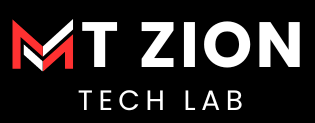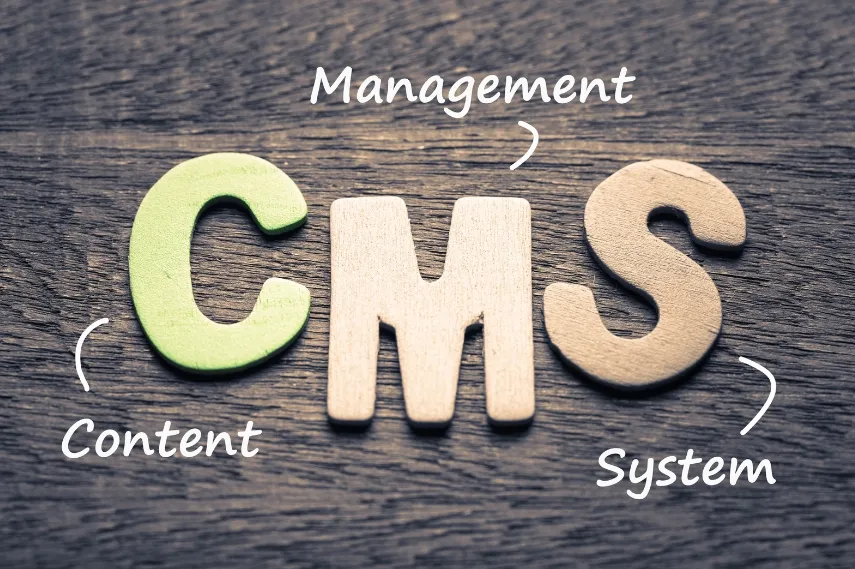A Content Management System (CMS) is the backbone of your website. It provides the tools and infrastructure needed to create, manage, and publish content online. With countless CMS options available, selecting the right one can be overwhelming. In this comprehensive guide, we’ll explore key factors to consider when choosing a CMS and compare popular platforms to help you make an informed decision.
Understanding Your Website’s Needs
Before diving into the world of CMS options, it’s essential to assess your website’s specific needs. Consider the following factors:
- Content complexity: Will your website primarily feature text, images, or complex multimedia elements?
- Scalability: Do you anticipate significant growth in website traffic or content volume?
- Customization requirements: How much flexibility do you need to customize the website’s appearance and functionality?
- Technical expertise: What level of technical knowledge do you or your team possess?
- Budget: What is your budget for the CMS platform and ongoing maintenance?
Popular CMS Platforms: A Comparison
Let’s examine some of the most popular CMS platforms and their key features:
WordPress
- Pros: User-friendly interface, extensive plugin ecosystem, SEO-friendly, ideal for blogs and small businesses.
- Cons: Can be less secure for larger websites, and may require additional plugins for advanced features.
Drupal
- Pros: Highly customizable, scalable for large websites, powerful content modeling, suitable for complex projects.
- Cons: Steeper learning curve, requires more technical expertise.
Joomla
- Pros: Flexible and extensible, suitable for both small and large websites, community-driven development.
- Cons: Can be less user-friendly compared to WordPress, and may require more technical knowledge.
Wix
- Pros: Drag-and-drop interface, easy to use for beginners, a wide range of templates.
- Cons: Limited customization options, may be less suitable for large websites or complex projects.
Squarespace
- Pros: Stylish templates, user-friendly interface, integrated e-commerce features.
- Cons: Limited customization options, can be more expensive compared to other platforms.
Key Factors to Consider
When evaluating CMS platforms, consider the following factors:
Ease of Use
- User interface: How intuitive is the platform’s interface for content creation and management?
- Learning curve: How steep is the learning curve for both content creators and developers?
Customization
- Templates and themes: Does the platform offer a wide range of customizable templates and themes?
- Plugins and extensions: Are there enough plugins or extensions available to extend the platform’s functionality?
Scalability
- Performance: Can the platform handle increasing traffic and content volume without sacrificing performance?
- Resource requirements: How demanding is the platform in terms of server resources?
Security
- Vulnerabilities: How well is the platform protected against security threats and vulnerabilities?
- Updates: Does the platform receive regular security updates and patches?
Support
- Community: Is there an active and supportive community of users and developers?
- Paid support: Are paid support options available for those who require additional assistance?
Making the Right Choice
The best CMS for your website depends on your specific needs and goals. Consider the factors discussed above and evaluate each platform based on how well it aligns with your requirements. It may also be helpful to try out different platforms through free trials or demos to get a firsthand experience.
Remember: Your CMS is a long-term investment. Choose a platform that will support your website’s growth and evolution over time. By carefully considering your needs and evaluating available options, you can select the ideal CMS to power your online success.

